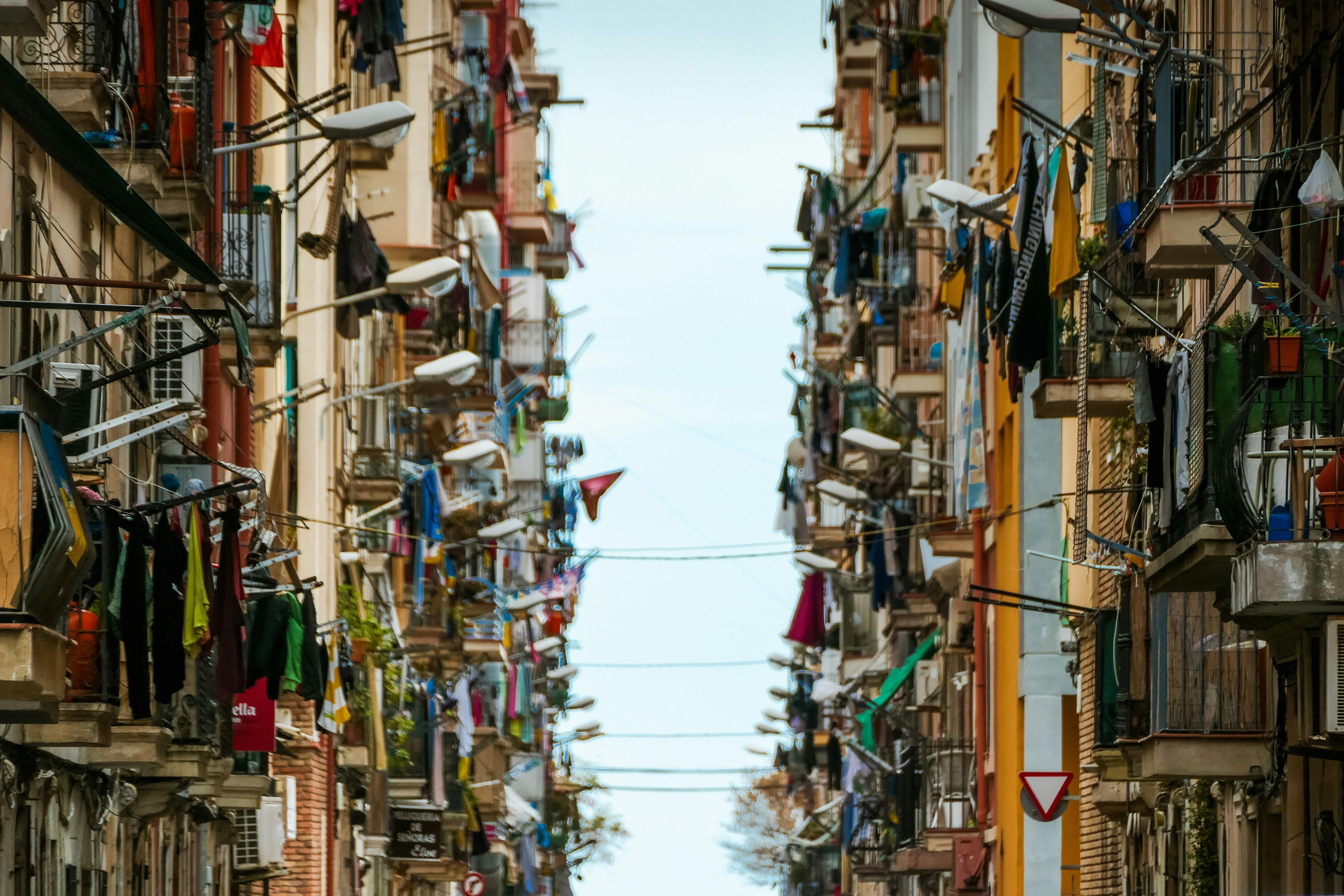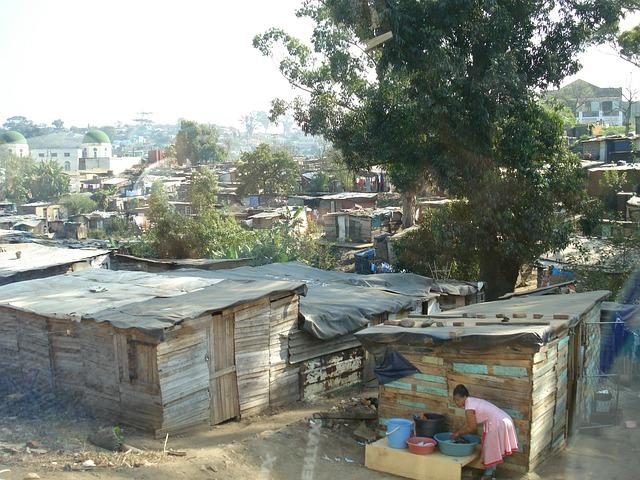In the heart of bustling cities across Africa, where vibrant cultures and histories converge, lie communities often shrouded in misunderstanding and misrepresentation: the slums. These neighborhoods, teeming with resilience and innovation, have paradoxically become hotspots for a controversial form of tourism. As travelers from around the globe embark on journeys to witness the “authentic” side of urban life, they step into a complex web of ethical dilemmas. Is slum tourism a bridge to understanding and empathy, or does it merely perpetuate voyeurism and exploitation? This article delves into the intricate ethics of visiting Africa’s slum tourism hotspots, exploring the delicate balance between cultural exchange and the moral responsibilities of global citizens. Through diverse perspectives and nuanced insights, we seek to unravel the motivations and implications of this contentious travel trend.
Understanding the Complexities of Slum Tourism in Africa
Slum tourism in Africa is a multi-faceted phenomenon that demands a nuanced understanding. Visitors are often drawn by the promise of a raw, authentic experience, yet the practice raises significant ethical questions. The allure of such tours lies in their potential to offer insight into the resilience and creativity of communities living under challenging circumstances. However, this attraction must be balanced against the risk of exploitation and the reinforcement of stereotypes.
- Cultural Sensitivity: Tourists should approach these experiences with respect and awareness, ensuring their presence does not intrude on the dignity of the residents.
- Economic Impact: It is crucial to assess whether the financial benefits of slum tourism are reaching the local communities or merely lining the pockets of tour operators.
- Narrative Control: Who tells the story matters. Local voices must be at the forefront, guiding the narrative to avoid a one-dimensional portrayal of slum life.
Engaging with these communities requires a commitment to ethical practices that promote empowerment rather than voyeurism. Tourists, operators, and policymakers must collaborate to ensure that such interactions are beneficial and respectful, fostering a more equitable exchange between visitors and residents.

Balancing Curiosity and Respect in Vulnerable Communities
When venturing into the heart of communities that have become unexpected tourist destinations, it’s crucial to strike a delicate balance between curiosity and respect. Travelers often bring with them a natural inquisitiveness, eager to learn and understand the daily lives of those living in challenging environments. However, it’s essential to approach these experiences with sensitivity and awareness, ensuring that the dignity and privacy of residents are upheld. Here are some key principles to consider:
- Engage with empathy: Prioritize meaningful interactions over mere observation, fostering genuine connections with community members.
- Support local initiatives: Opt to participate in tours and activities led by local guides or organizations, which often reinvest in the community.
- Seek permission: Always ask before taking photos or entering private spaces, respecting the personal boundaries of individuals.
- Be mindful of impact: Reflect on the long-term effects of your visit, aiming to leave a positive footprint and contribute to sustainable tourism.
By consciously navigating the fine line between curiosity and respect, visitors can enrich their own experiences while honoring the humanity and resilience of those who call these communities home. This approach not only enhances personal growth but also fosters a more equitable and understanding global society.

Empowering Local Voices and Ensuring Community Benefits
In the pursuit of responsible tourism, it is crucial to prioritize the amplification of local voices, ensuring that communities are not just seen but also heard. Empowering local residents in slum tourism hotspots involves creating platforms for them to share their stories and perspectives, allowing for a more authentic and respectful interaction between tourists and hosts. This approach not only enriches the travel experience but also fosters a deeper understanding and appreciation of the community’s unique culture and challenges.
- Community-Led Tours: Encourage tours led by local guides who can provide genuine insights and narratives, turning the visit into an educational and empowering experience.
- Fair Compensation: Ensure that a significant portion of the tourism revenue is directly invested back into the community, supporting local businesses and development projects.
- Collaborative Projects: Foster partnerships between tourists and community members to work on projects that address local needs, such as education or healthcare initiatives.
By focusing on these strategies, we can transform slum tourism into a more ethical practice that genuinely benefits the community, moving beyond mere observation to active participation and contribution.

Guidelines for Responsible and Ethical Slum Tourism Practices
When exploring communities in Africa’s urban fringes, it’s crucial to engage with sensitivity and awareness. Respect for local culture and customs should be at the forefront of any visit. Engage with residents on their terms, and avoid imposing external perspectives. This approach not only enriches your experience but also fosters genuine connections. Consider supporting local initiatives and businesses that benefit the community directly, ensuring that tourism dollars contribute positively to the area’s development.
Photography etiquette is another key consideration. Always seek permission before capturing images of individuals or their homes. Remember, these are not just picturesque backdrops but people’s lives and stories. Be mindful of your presence and aim to minimize disruption to daily life. Embrace a mindset of learning and understanding, rather than voyeurism. Engage with local guides, as they offer valuable insights and ensure your visit supports community employment. By adhering to these principles, you contribute to a more respectful and ethical tourism landscape.
In Retrospect
As we close the chapter on the complex tapestry of slum tourism in Africa, we find ourselves at a crossroads of curiosity and conscience. These vibrant communities, often overshadowed by their struggles, stand as a testament to human resilience and innovation. To visit or not is a question that demands introspection and respect. The ethical compass guiding our decisions must be finely attuned to the voices of those who call these neighborhoods home. it is not just about observing a different way of life but understanding our role within a shared global narrative. May our footsteps, wherever they tread, be guided by empathy, awareness, and a commitment to fostering genuine connections that transcend mere spectacle.

































